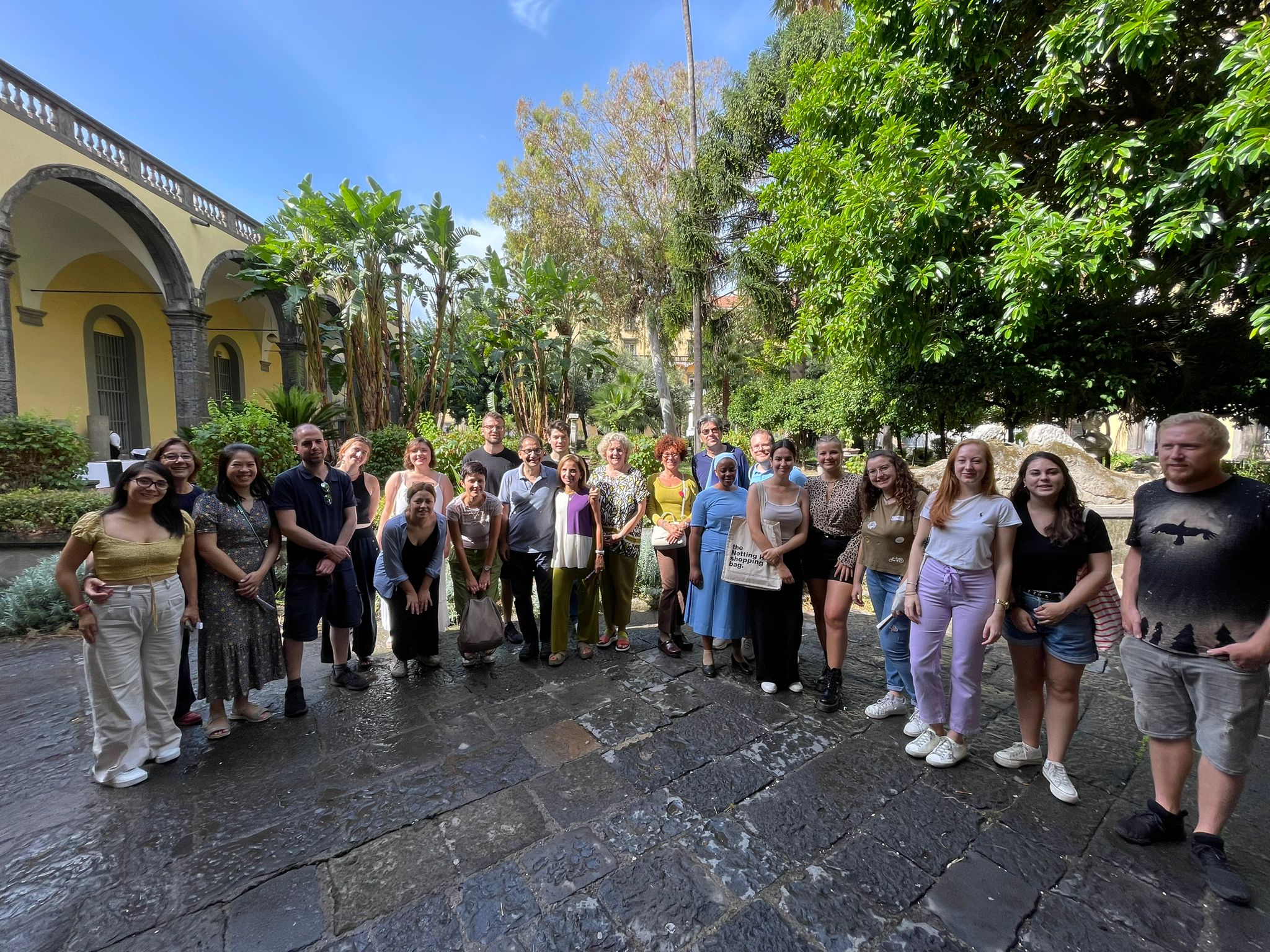Join the First Series of Aurora Peace Talks
Join us from September for the first series of Aurora Peace Talks. This lecture series will feature talks by our colleagues from Kharkiv and beyond, and allows them to share their experiences and expertise.
Kharkiv city is one of Ukraine’s most important economic and industrial centres and the second biggest educational center in Ukraine, known as the city of students and youth. About 300 000 students (12 000 foreign ones) found their home in one of the Kharkiv’s 11 universities and 38 higher educational institutions, including both public and private universities, academies and specialized institutes.
The city and the region have since 2022 come under heavy attack as one of the initial targets of Russia’s invasion. The city and the region have been bravely fighting off the aggression.
In the last month the city has been experiencing yet another wave of heavy attacks, with random bombardments of civilian object causing civilian casualties, evacuations and displacements of several thousand of its residents.
Given the location of the city and Khakriv region, the situation for its citizens will remain precarious for a long time ahead. In Aurora, we have been working dedicatedly to provide much needed support, especially to our partners at Karazin Khakriv National University.
The speakers in this lecture series come from Karazin University, but also other universities in Khakriv, as we want to provide platform for their voices to be heard in these most challenging of times. This first series in particular features talks from Kharkiv Scholars at Risk at Copenhagen Business School.
The Peace Talks lecture series allows our colleagues to speak out, share their experiences but also their expertise as academics in addressing the devastation and future post-war recovery and peace building needs.
Support them by joining the following inspiring Talks, starting form September this year:
- Between Copenhagen and Kharkiv researching resilience
- 26th of September 2024, 15.00 CET | Serhii Prokopenko, MSc
- Zoom Link
- Energy communities as the key for Ukraine’s energy security
- 17th of October 2024, 15.00 CET | Albina Dioba, Ph.D.
- Zoom Link
- Becoming Part of a Community: The Process of Ukraine’s Accession to the European Union
- 4th of November 2024, 15.00 CET | Assoc. Prof. Manuele Citi
- Zoom Link
- Public Discourse and Academic Research in Representing People Under Occupation: Are war-caused conflicts transformable?
- 16th of December 2024, 15.00 CET | Prof. Yuliia Soroka, Ph.D.
- Zoom Link
Aurora Peace Talks – Programme
This lecture series is organized by the Aurora Karazin Peace Education Hub of Work Package 7. For more information on the Aurora Peace Talks lecture series, contact Selma Porobic.










